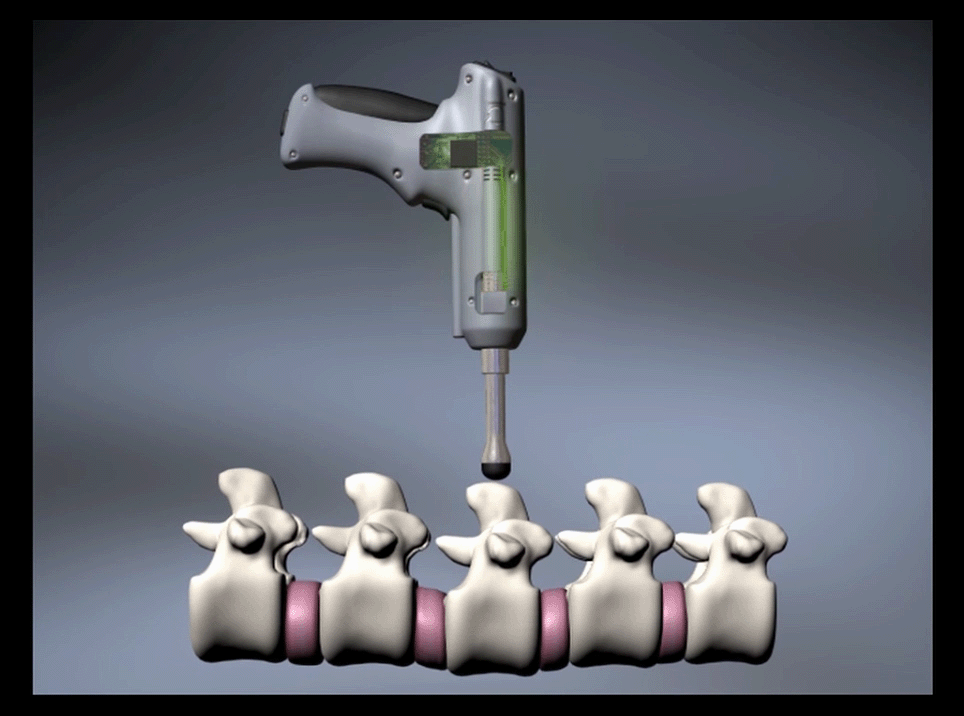About Primary Care Doctors
Primary care doctors, also known as general practitioners or family physicians, provide comprehensive medical care to patients of all ages, genders, and with various health conditions. They are trained to diagnose, treat, and manage a wide range of common illnesses and chronic conditions. Some primary care providers are aware of Neuromechanical Impulse care and refer patients to specialists for care. In contrast, specialists have focused training in specific areas of medicine and are often knowledgeable in emerging new treatment protocols for complex and chronic conditions.
Primary Care
Here are some common distinctions:
Patient Focus:
Primary care doctors serve as the first point of contact for patients seeking medical care. They focus on preventive care, health maintenance, and the overall well-being of their patients. They often provide routine check-ups, vaccinations, screenings, and management of chronic conditions like diabetes or hypertension. Specialists, on the other hand, typically see patients who have been referred to them by primary care doctors for more specialized evaluation and treatment. They have in-depth knowledge and expertise in a specific medical area, such as cardiology, dermatology, or orthopedics.
Types of Conditions:
Primary care doctors serve as the first point of contact for patients seeking medical care. They focus on preventive care, health maintenance, and the overall well-being of their patients. They often provide routine check-ups, vaccinations, screenings, and management of chronic conditions like diabetes or hypertension. Specialists, on the other hand, typically see patients who have been referred to them by primary care doctors for more specialized evaluation and treatment. They have in-depth knowledge and expertise in a specific medical area, such as cardiology, dermatology, or orthopedics.
Procedures and Interventions:
Primary care doctors typically perform basic procedures such as suturing minor wounds, administering vaccinations, and removing small skin lesions. They also interpret and order laboratory tests and imaging studies. Specialists, however, are trained to perform more specialized procedures and interventions related to their field. For example, a cardiologist may perform cardiac catheterization or angioplasty, while a dermatologist may perform skin biopsies or laser treatments.

Neuromechanical Impulse Spinal Treatment
“Neuromechanical Impulse treatment” is a therapeutic approach that combines elements of neurology and biomechanics to address musculoskeletal conditions. It could involve the use of mechanical impulses or adjustments to affect the nervous system and promote proper joint and spinal function.

